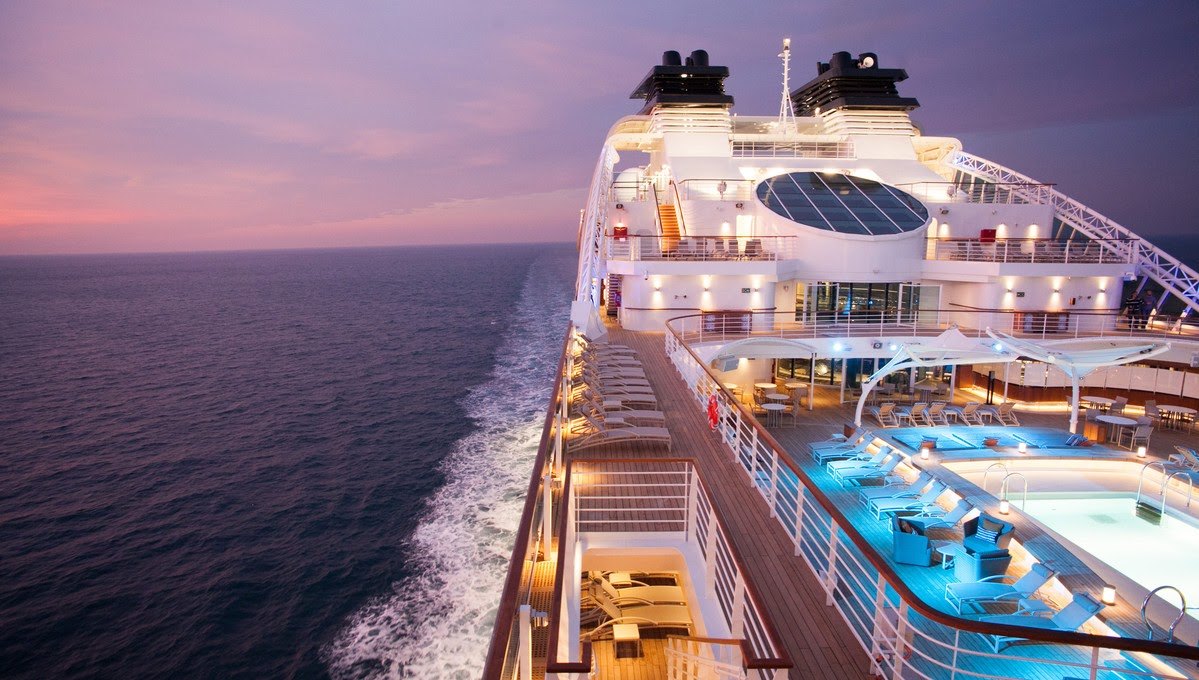Cruise Ship Jobs vs. Cargo Ship Jobs: Which Path is Right for You?
The maritime industry offers diverse opportunities for individuals seeking a career at sea, and two prominent paths are cruise ship jobs and cargo ship jobs. Both options come with unique experiences, challenges, and rewards. In this blog, we will explore the key differences between cruise ship jobs and cargo ship jobs, helping aspiring mariners decide which path aligns better with their interests, lifestyle preferences, and career goals.
1. Nature of Operations:
Cruise Ship Jobs:
Cruise ships are designed for passenger comfort and entertainment. Crew members on cruise ships are responsible for providing exceptional guest services, organizing onboard activities, and ensuring passenger safety. The focus is on hospitality, entertainment, and creating memorable experiences for travelers.
Cargo Ship Jobs:
Cargo ships, also known as freighters, are primarily dedicated to transporting goods and cargo across the seas. The crew on cargo ships focus on cargo handling, navigation, and maintaining the vessel’s operational efficiency. Their responsibilities revolve around ensuring the safe and timely delivery of cargo.
2. Working Environment:
Cruise Ship Jobs:
Working on a cruise ship offers a vibrant and social environment, as crew members interact with passengers from diverse backgrounds. The ship may visit multiple ports, providing opportunities for cultural experiences and exploration during port calls. However, the work can be demanding, with long hours and a fast-paced schedule during the cruise season.
Cargo Ship Jobs:
Cargo ships operate on fixed routes, transporting goods between specific ports. The work environment is more focused on the operational aspects of the ship, and the crew usually spends more time at sea without many leisure activities or passenger interactions. Cargo ship jobs may appeal to individuals seeking a quieter and more focused working environment.
3. Job Roles and Specializations:
Cruise Ship Jobs:
Cruise ships require a wide range of roles to cater to passenger needs. From hospitality and entertainment staff to deck officers and engineers, there are numerous opportunities for specialization. Popular roles include cruise directors, chefs, bartenders, and hospitality managers.
Cargo Ship Jobs:
Cargo ships primarily require deck and engine officers, as well as crew members for cargo handling and maintenance tasks. Jobs on cargo ships include positions like chief officer, second engineer, able seaman, and motorman.
4. Lifestyle and Duration of Contracts:
Cruise Ship Jobs:
Working on a cruise ship often involves shorter contract durations, typically ranging from a few months to around a year. Crew members may have the opportunity to visit various destinations, but they need to adapt to living in confined spaces and being away from home for extended periods.
Cargo Ship Jobs:
Cargo ship jobs often have longer contract durations, typically ranging from several months to several years, depending on the shipping company and the ship’s route. Crew members on cargo ships may spend more time at sea and have fewer opportunities for shore leave compared to those on cruise ships.
Conclusion:
The decision between cruise ship jobs and cargo ship jobs ultimately depends on an individual’s preferences, career aspirations, and lifestyle choices. Cruise ship jobs offer a lively and social working environment with opportunities for travel and interaction with passengers, while cargo ship jobs provide a more focused and operational setting for transporting goods across the seas. Both paths offer unique experiences and challenges, and aspiring mariners must carefully consider their interests and goals to choose the path that best suits them. Regardless of the choice, a career in the maritime industry promises adventure, personal growth, and a life at sea.






Leave a Comment